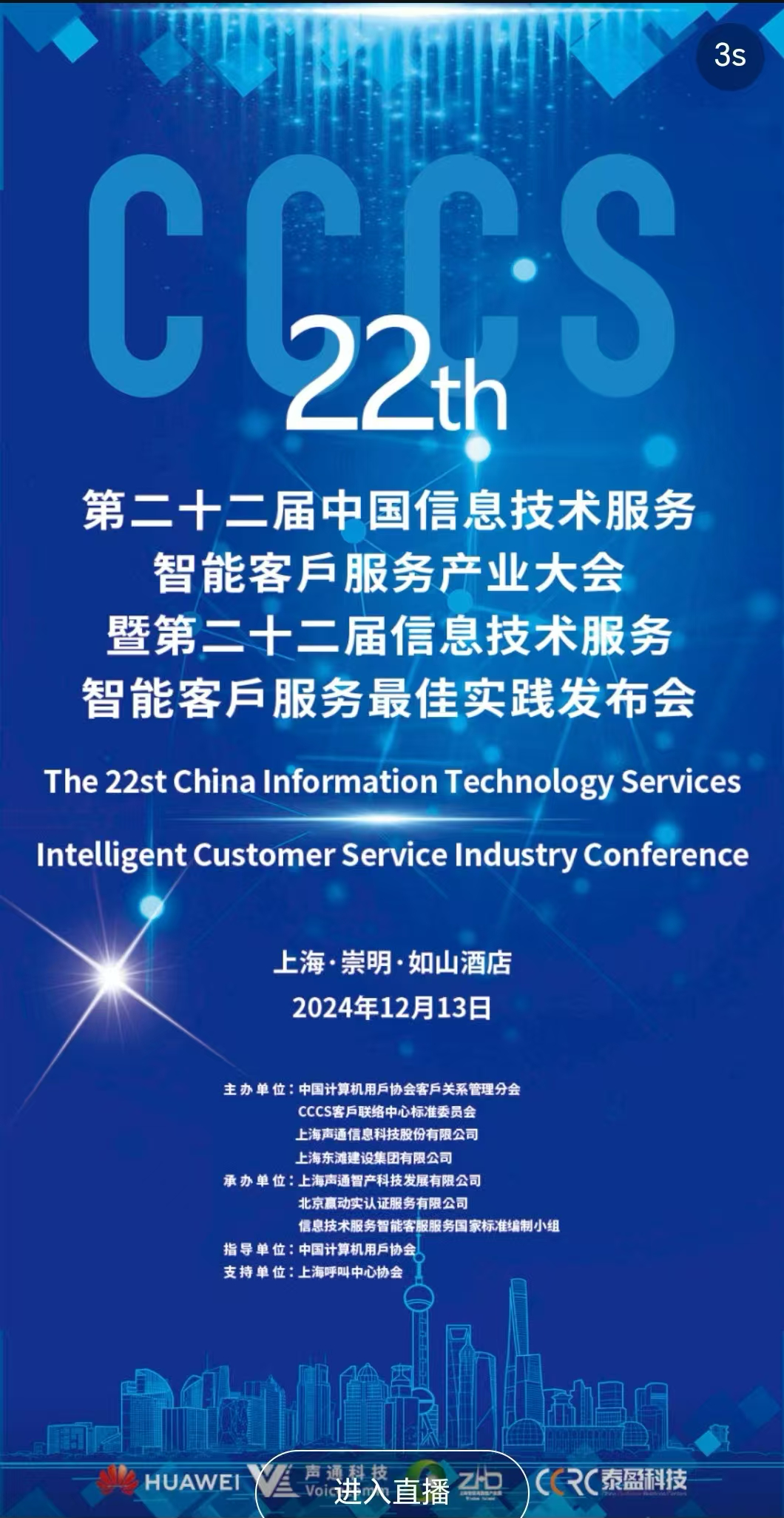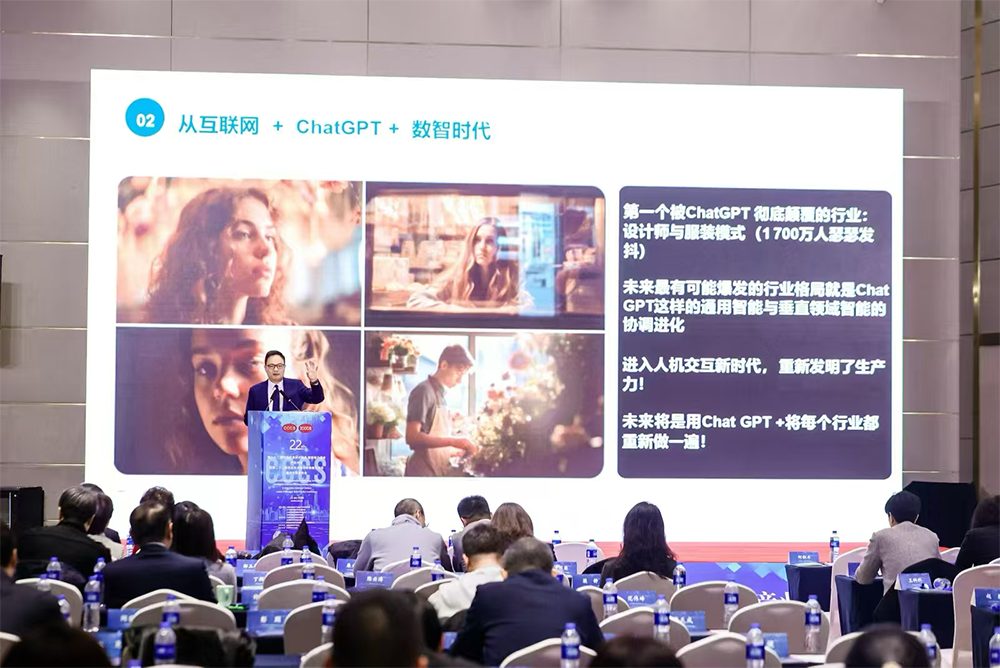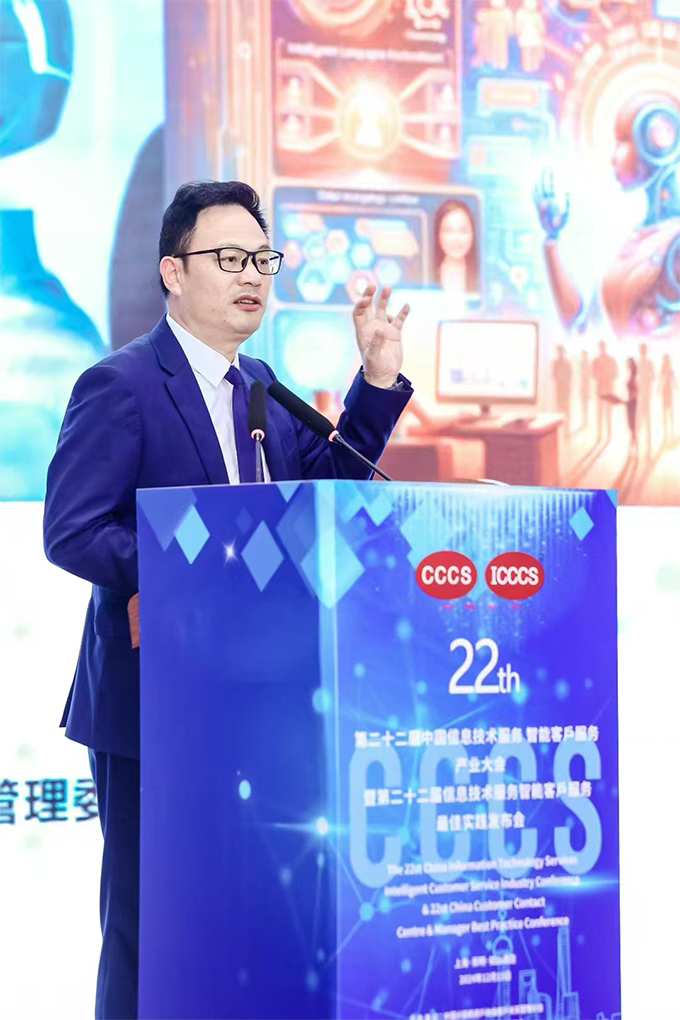
In today's digital era, the intelligent customer service center is undergoing a profound transformation from "cost center" to "production center" and then to "value center". Dr. Luo Xiang, Chairman of the Management Committee of the United Nations Global Leadership and ESG Development Center, conducted an in-depth analysis of this development trend and explained how intelligent customer service can create greater strategic value and competitive advantages in enterprises.

Dr. Luo Xiang emphasized that the transformation of intelligent customer service depends on three key factors: thinking improvement, technology dependence and data power. By improving cognitive level and strategic vision, enterprises can optimize service concepts; in the AI era, increase the application of language models and enhance technical support; at the same time, make full use of the value of data to tap into deep customer needs. These three complement each other and together constitute the value chain of intelligent customer service.
Dr. Luo Xiang further explained that the development of intelligent customer service can be divided into several stages: the 1.0 era introduced computer systems, the 2.0 era added machine learning and natural language processing, and the 3.0 era was the deep integration of large language models and AI. Looking to the future, as we enter the 4.0 and 5.0 eras, intelligent customer service will integrate sentiment analysis technology to provide a more intimate, personalized and humane conversation experience.

Finally, Dr. Luo Xiang concluded that the transformation of intelligent customer service not only brings higher operational efficiency and market competitiveness to enterprises, but also creates a better service experience for customers. By balancing automation and humanization, intelligent customer service will become an important tool for enterprises to achieve sustainable development.


